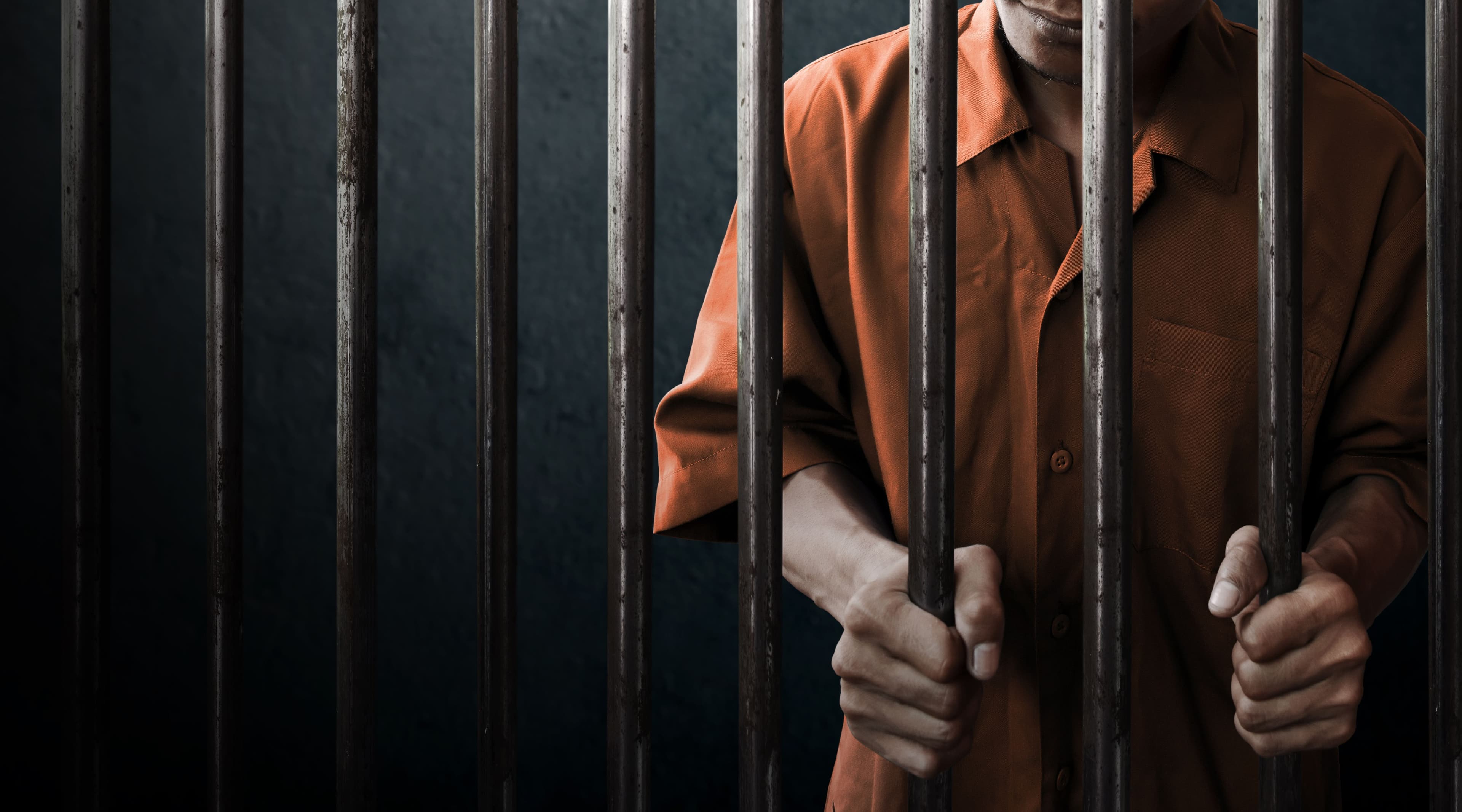Legal Rights of Jail and Prison Inmates in California: What Families Should Know
This comprehensive guide explains the most important rights of inmates in California jails and prisons, details common violations like medical neglect and abuse, and provides practical steps for families to advocate for their loved ones’ safety and dignity. Learn how legal action and outside support can make a difference.

When a loved one is incarcerated, it’s natural to feel powerless or worried about their safety. But even behind bars, jail and prison inmates in California have important legal rights that are protected by the Constitution and state law. Unfortunately, violations are not uncommon, and knowing how to respond can make all the difference. This guide covers the rights every inmate should know, common types of abuse or neglect, and practical steps for families seeking justice.
What Rights Do Inmates Have in California?
Being in jail or prison does not mean giving up all your rights. California inmates are entitled to basic protections, including:
- The Right to Be Free from Cruel and Unusual Punishment
Inmates have the right to safe, humane conditions. This includes protection from violence, unnecessary force by staff, and dangerous or unsanitary living situations. - The Right to Adequate Medical and Mental Health Care
Jails and prisons must provide necessary medical treatment, medications, and mental health care. Ignoring serious health problems or delaying care is a violation. - The Right to Due Process
Inmates cannot be punished, transferred, or placed in solitary confinement without fair procedures, including a hearing. - The Right to Practice Religion
Facilities must make reasonable accommodations for religious diets, practices, and access to religious services. - The Right to Access the Courts
Inmates must be allowed to send and receive legal mail, consult with attorneys, and file grievances or lawsuits. - The Right to Be Free from Discrimination and Harassment
Discrimination based on race, gender, disability, religion, or sexual orientation is prohibited.
Common Violations of Inmate Rights
Unfortunately, some facilities and staff fail to uphold these rights. Here are common types of jail and prison abuses in California:
- Medical Neglect: Failing to provide needed medication, ignoring symptoms, denying timely doctor visits, or not treating mental health issues.
- Physical Abuse: Use of excessive force, physical assault, or unnecessary restraints by correctional officers or other inmates.
- Sexual Abuse or Harassment: Assault or unwanted advances by staff or other inmates.
- Inhumane Living Conditions: Overcrowding, unsanitary cells, inadequate food or water, or exposure to extreme temperatures.
- Failure to Protect: Not preventing known threats, such as inmate-on-inmate violence or retaliation.
- Retaliation: Punishing inmates for reporting abuse, filing grievances, or seeking legal help.
Warning Signs Families Should Watch For
Sometimes, inmates are afraid to speak up or may not have the means to reach out. Families should look for these warning signs:
- Sudden changes in behavior or mood during phone calls or visits
- Unexplained injuries or untreated illnesses
- Frequent complaints of not receiving medication or medical attention
- Stories of harassment, threats, or being placed in solitary confinement without cause
- Fear of staff or specific inmates
- Missing personal property or mail
Steps Families Can Take to Advocate for Inmates
If you suspect your loved one’s rights are being violated, these actions can help:
1. Stay in Regular Contact
Maintain consistent phone calls, letters, and visits (if possible). Ask detailed, open-ended questions about health, treatment, and living conditions.
2. Keep a Record
Document everything your loved one shares: dates, times, names, and details of incidents. Save letters and keep notes from phone calls.
3. Encourage Filing Grievances
Every jail or prison has a grievance process. Encourage your loved one to file grievances about mistreatment, and help keep track of paperwork and responses.
4. Request Medical Attention in Writing
If medical neglect is suspected, families can send written requests (certified mail recommended) to the facility’s medical staff or administration. Keep copies for your records.
5. Contact an Attorney
A lawyer specializing in inmate rights or civil rights can advise you, request records, and take legal action if necessary.

6. Notify Advocacy Organizations
Reach out to groups like the ACLU of Southern California, Prison Law Office, or Disability Rights California for guidance and advocacy.
Legal Remedies for Inmate Rights Violations
If your loved one’s rights have been violated, possible legal actions include:
- Filing a Civil Rights Lawsuit: Section 1983 of the U.S. Code allows inmates to sue for violations of constitutional rights.
- Seeking Injunctive Relief: Courts can order facilities to provide medical care or improve conditions.
- Requesting Transfer or Protective Custody: If there is a safety threat, lawyers can seek relocation within the system.
- Reporting to Oversight Agencies: Complaints can be filed with the California Department of Corrections and Rehabilitation (CDCR), county Boards of Supervisors, or independent monitors.
Deadlines for legal action can be short—sometimes as little as six months—so it’s important to act quickly.
Frequently Asked Questions
Can inmates be denied medical care if they can’t pay?
No. Facilities must provide medically necessary care regardless of an inmate’s ability to pay.
Are calls with lawyers private?
Yes, communications with attorneys should be confidential. If privacy is violated, legal help should be sought immediately.
Can an inmate be punished for reporting abuse?
Retaliation for reporting abuse is illegal. If it occurs, it can be grounds for further legal action.
The Christian Contreras Firm: Defending the Rights of California’s Incarcerated
At The Christian Contreras Firm, we are dedicated to protecting inmates and their families from abuse and neglect. We understand the unique challenges of fighting for justice from behind bars and have experience holding jails, prisons, and staff accountable for violations. Our team can advise families, pursue legal remedies, and help ensure your loved one’s safety and dignity.
Take Action to Protect Your Loved One
Don’t wait if you believe your loved one’s rights are being violated in a California jail or prison. Stay connected, document every detail, and reach out to an experienced attorney. The Christian Contreras Firm is ready to help families advocate for justice and safer conditions.
Mais de $150 Milhões em Compensação para Clientes